The Shar Pei is one of the most distinctive dog breeds in the world, known for its deep wrinkles, blue-black tongue, and stoic personality. Originally bred in China as a working and guard dog, this unique breed has captured hearts worldwide with its unusual appearance and loyal nature. But there’s much more to the Shar Pei than just its folds—let’s dive into what makes this breed so special.
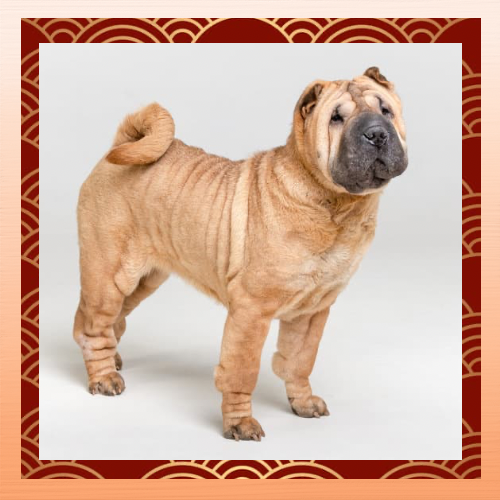
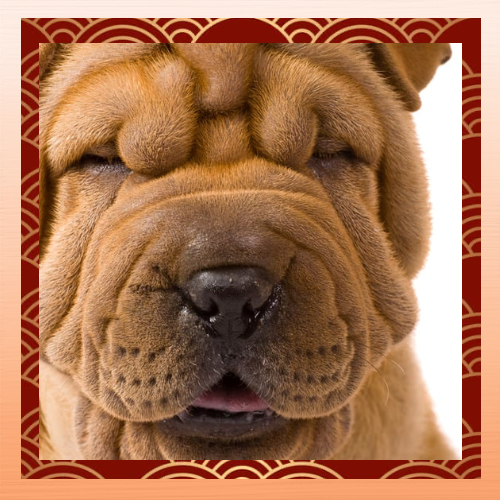
A Brief History of the Shar Pei
The Shar Pei’s origins trace back over 2,000 years to the Han Dynasty in China. These dogs were initially bred as versatile farm dogs, used for hunting, herding, and guarding. Their loose, wrinkled skin served a practical purpose—if a predator bit them, the extra skin allowed them to twist and fight back.
By the mid-20th century, the breed nearly went extinct due to political turmoil in China. Thankfully, a few dedicated breeders in Hong Kong and the United States worked to revive the Shar Pei, leading to its recognition by the American Kennel Club (AKC) in 1992.
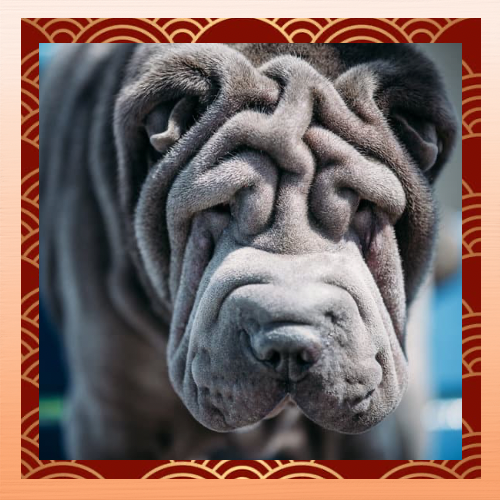
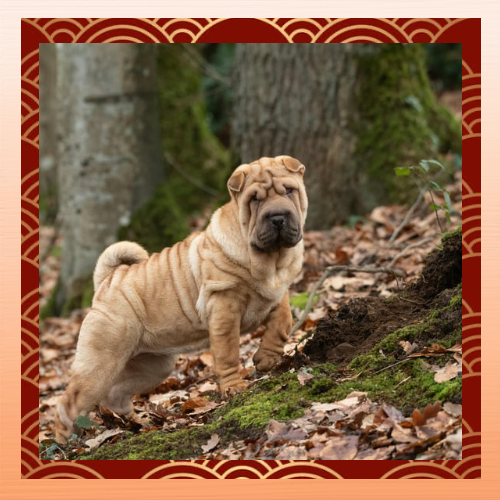
Unique Physical Traits
- Wrinkles Galore. The Shar Pei’s most famous feature is its wrinkles, which are most prominent in puppies. As they grow, some of the folds smooth out, but many retain wrinkles on their face, neck, and shoulders.
- Blue-Black Tongue. Like the Chow Chow (another ancient Chinese breed), the Shar Pei has a unique blue-black tongue. This rare trait adds to their mystique.
- “Hippopotamus” Face. Their broad muzzle and tight lips give them a resemblance to a hippopotamus—earning them the nickname “hippo dogs.”
- Two Coat Types. Shar Peis come in two coat varieties:
- Horse Coat: Short, rough, and bristly (the original working-dog coat).
- Brush Coat: Slightly longer and softer (more common in show dogs).
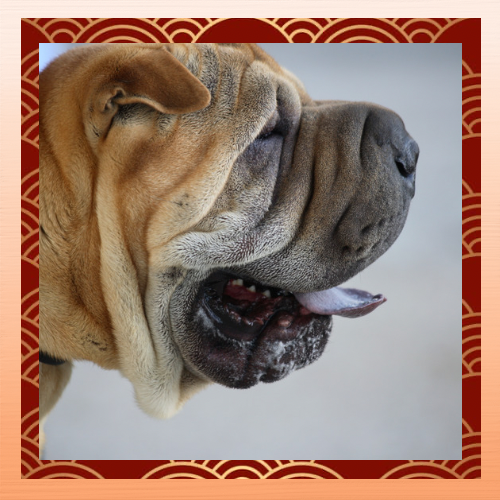
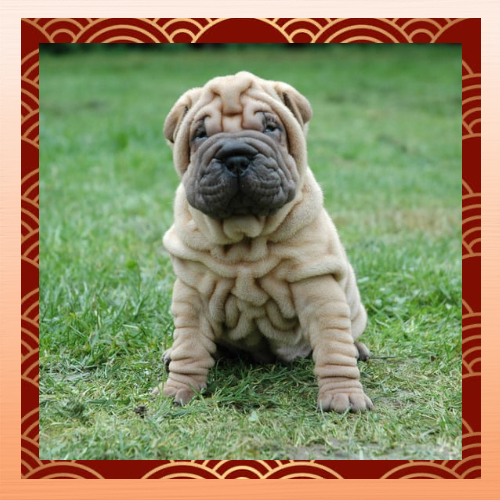
Temperament: Loyal but Independent
Shar Peis are known for their calm, dignified demeanor. They’re fiercely loyal to their families but can be aloof with strangers—making them excellent watchdogs. However, their independent nature means they may not always be eager to please, so early socialization and consistent training are key.
Despite their serious appearance, many Shar Peis have a playful side and form strong bonds with their owners. They’re not overly energetic but enjoy moderate exercise and mental stimulation.
The Shar Pei’s wrinkled face and stoic expression might make it seem like a serious, even grumpy dog, but those who know the breed understand there’s much more beneath those folds. This ancient Chinese breed has a complex personality—loyal yet independent, calm yet protective, affectionate yet aloof. Understanding their temperament is key to building a strong bond with these unique dogs.
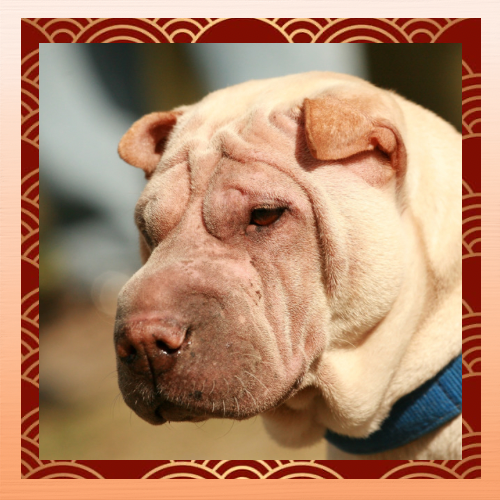
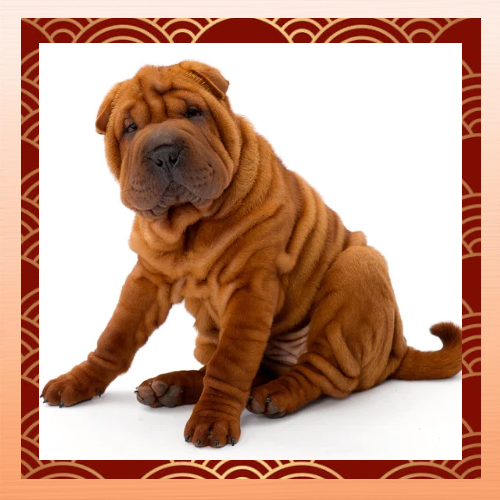
Key Personality Traits of the Shar Pei
- Loyal to Their Family. Shar Peis form deep attachments to their owners and are intensely devoted. They may not be overly demonstrative (don’t expect constant tail-wagging and face-licking), but they show love through quiet companionship and protective instincts. Once they trust you, they’ll stick by your side.
- Reserved with Strangers. Unlike golden retrievers or labradors, Shar Peis are naturally cautious around new people. Their history as guard dogs means they’re always assessing situations before warming up. Early socialization is crucial to prevent excessive wariness or aggression.
- Independent Thinkers. Shar Peis are intelligent but not always eager to please. They have a strong sense of self and may decide whether or not a command is worth following. This independence can make training a challenge, but with patience and positive reinforcement, they can learn well.
- Strong Protective Instincts. These dogs take their role as protectors seriously. They’re naturally alert and will bark to warn of strangers or unusual activity. While not typically aggressive without cause, they won’t hesitate to defend their home if they perceive a threat.
- Low-Energy but Playful in Bursts. Shar Peis aren’t hyperactive dogs—they’re more likely to lounge than sprint around the yard. However, they enjoy short bursts of play, especially with their favorite humans. A daily walk and some interactive toys are usually enough to keep them content.
- Can Be Dog-Selective (or Dog-Aggressive). Due to their territorial nature, Shar Peis don’t always get along with other dogs, especially those of the same sex. Proper socialization from puppyhood helps, but some may always prefer being the only dog in the house.
- Quiet but Expressive. Shar Peis aren’t big barkers, but they communicate in other ways—grunts, sighs, and even dramatic side-eye. Owners often joke that their Shar Pei has the attitude of a grumpy old man in a dog’s body
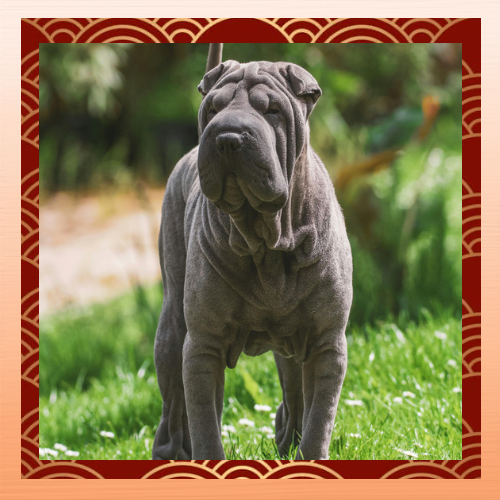
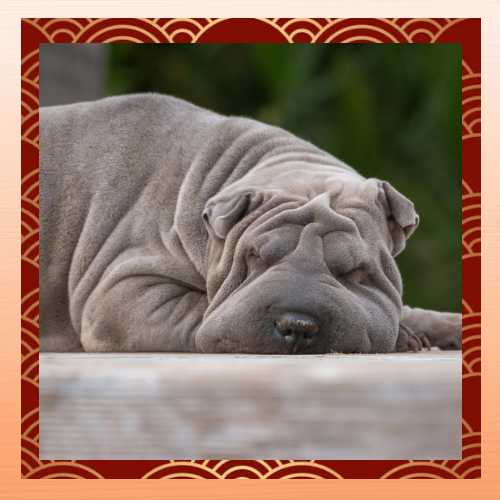
Behavioral Quirks to Know
- ✔The “Shar Pei Stare” – They’ll watch you intently, almost like they’re judging your life choices.
- ✔Suspicious of New Things – A new piece of furniture? A visitor’s hat? They’ll investigate cautiously.
- ✔Not Big on Cuddling – Some enjoy closeness, but many prefer sitting near you rather than on you.
- ✔Clean & Low Odor – Unlike many breeds, Shar Peis groom themselves like cats and tend to stay odor-free.
Training Tips for Shar Peis
Because of their independent streak, Shar Peis respond best to:
– Positive reinforcement (treats, praise, play).
– Short, engaging sessions (they get bored easily).
– Early socialization (exposure to people, dogs, and environments while young).
– Consistency (they’ll test boundaries if rules aren’t firm).
Harsh training methods backfire—this breed shuts down or becomes stubborn if pushed too hard.
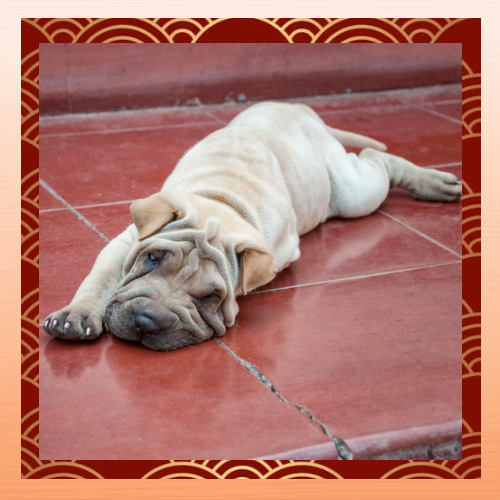
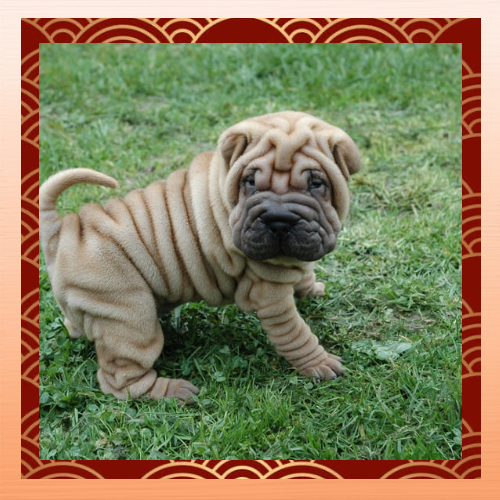
Ideal Home for a Shar Pei
- ✔Best For: Experienced dog owners who appreciate a strong-willed, loyal companion.
- ✔Not Ideal For: First-time owners or those who want an overly social, eager-to-please dog.
- ✔Good With Kids? Yes, if raised with them—but they prefer calm, respectful children.
- ✔Apartment-Friendly? Yes, as long as they get daily walks.
Fun Facts About Shar Peis
🔹 Ancient Artifacts: Shar Pei-like dogs appear in Chinese pottery dating back to 206 B.C.
🔹 Rare Breed: They were once listed in the Guinness World Records as the world’s rarest dog breed.
🔹 Clean Freaks: Unlike many dogs, Shar Peis are known for being relatively odor-free and obsessed with self-cleaning.
🔹 Strong-Willed: Their intelligence and independence mean they can be stubborn—patience is a must in training!
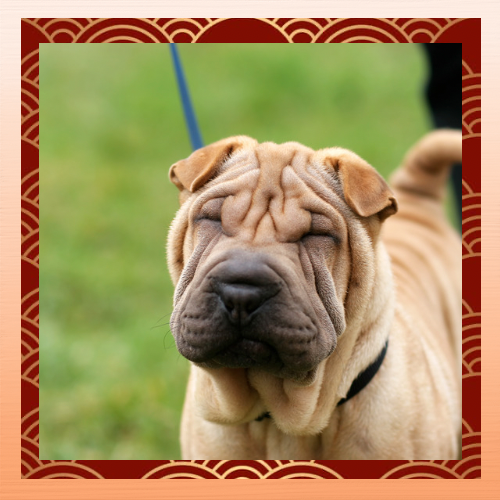
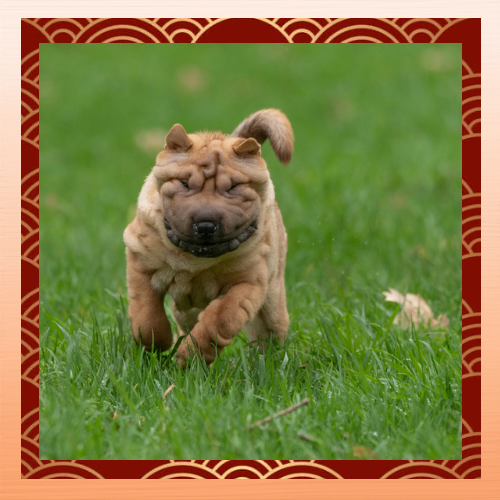
Health Considerations
Due to their unique structure, Shar Peis are prone to certain health issues, including:
– Skin Infections (wrinkles need regular cleaning to prevent irritation).
– Entropion (a condition where eyelids roll inward, requiring surgery in some cases).
– Hip Dysplasia (common in many medium-sized breeds).
Responsible breeding and regular vet check-ups can help manage these risks.
Is a Shar Pei Right for You?
If you want a loyal, low-energy dog with a striking appearance, the Shar Pei could be a great fit. They do best with experienced owners who understand their need for early socialization and consistent training. Their grooming needs are moderate, but their wrinkles require special attention to keep them clean and dry.
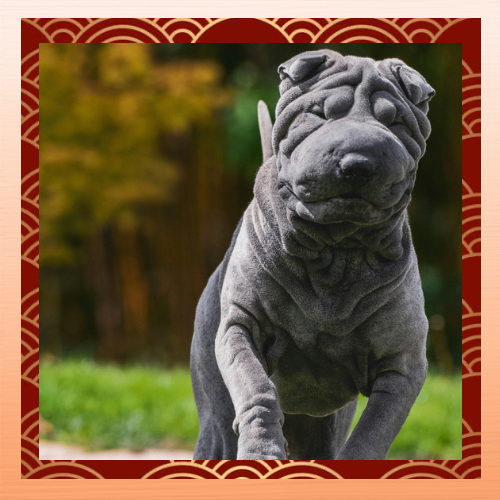
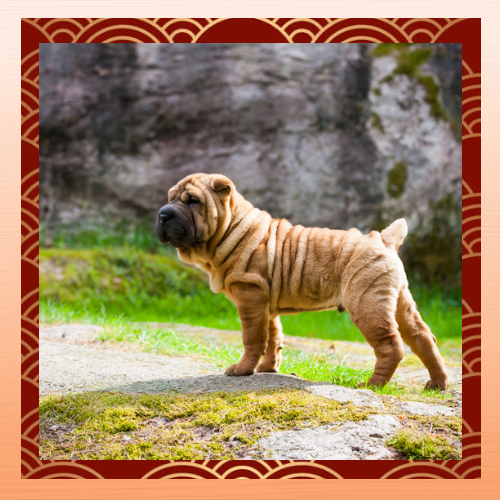
Final Thoughts
The Shar Pei is more than just a wrinkled face—it’s a breed with a fascinating history, unique traits, and a personality that’s both dignified and affectionate. Whether you’re drawn to their ancient lineage or their unmistakable look, one thing’s for sure: a Shar Pei is a dog like no other.
The Shar Pei isn’t a “typical” dog—it’s a dignified, sometimes stubborn, always fascinating companion. If you respect their independence and provide firm but loving guidance, you’ll have a fiercely loyal friend for life. Just don’t expect them to fawn over strangers or obey blindly… because a Shar Pei always has its own opinions!
Would you love a dog with this personality? Share your thoughts in the comments! 🐾
References
- American Kennel Club (AKC). Shar Pei Breed Standard. https://www.akc.org/dog-breeds/chinese-shar-pei/
- The Complete Dog Breed Book. DK Publishing. https://online.fliphtml5.com/ilypf/jnxz/#p=34
- Borrow my doggy. Rarest Dog Breed. https://www.borrowmydoggy.com/doggypedia/dog-breed-guides-shar-pei
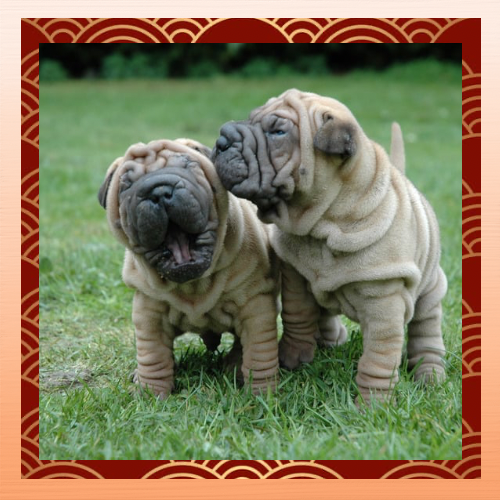


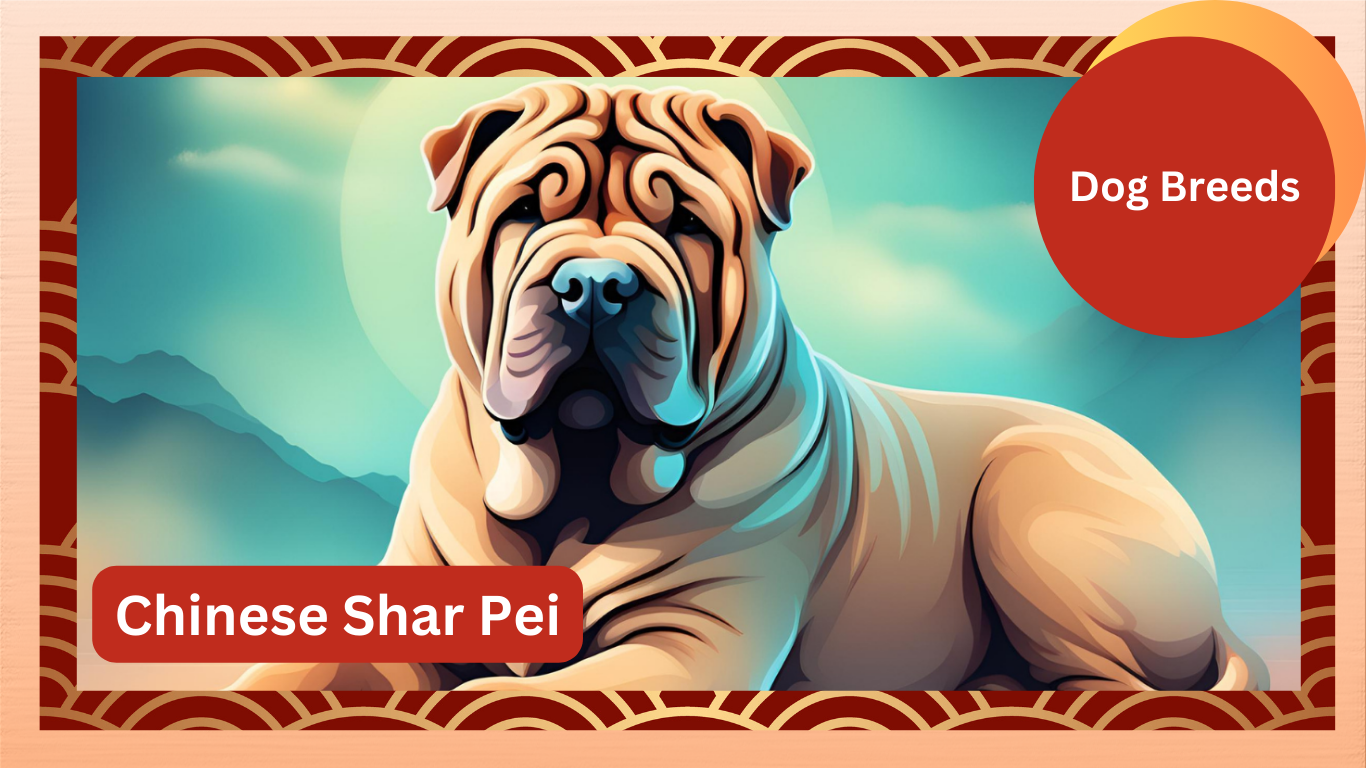


I am genuinely thankful to the owner of this web page who has shared this fantastic post at here.
Nice post. I learn something new and challenging on sites I stumbleupon everyday. It’s always exciting to read through content from other authors and practice a little something from other web sites.
Hi there, everything is going sound here and ofcourse every one is sharing data, that’s really good, keep up writing.